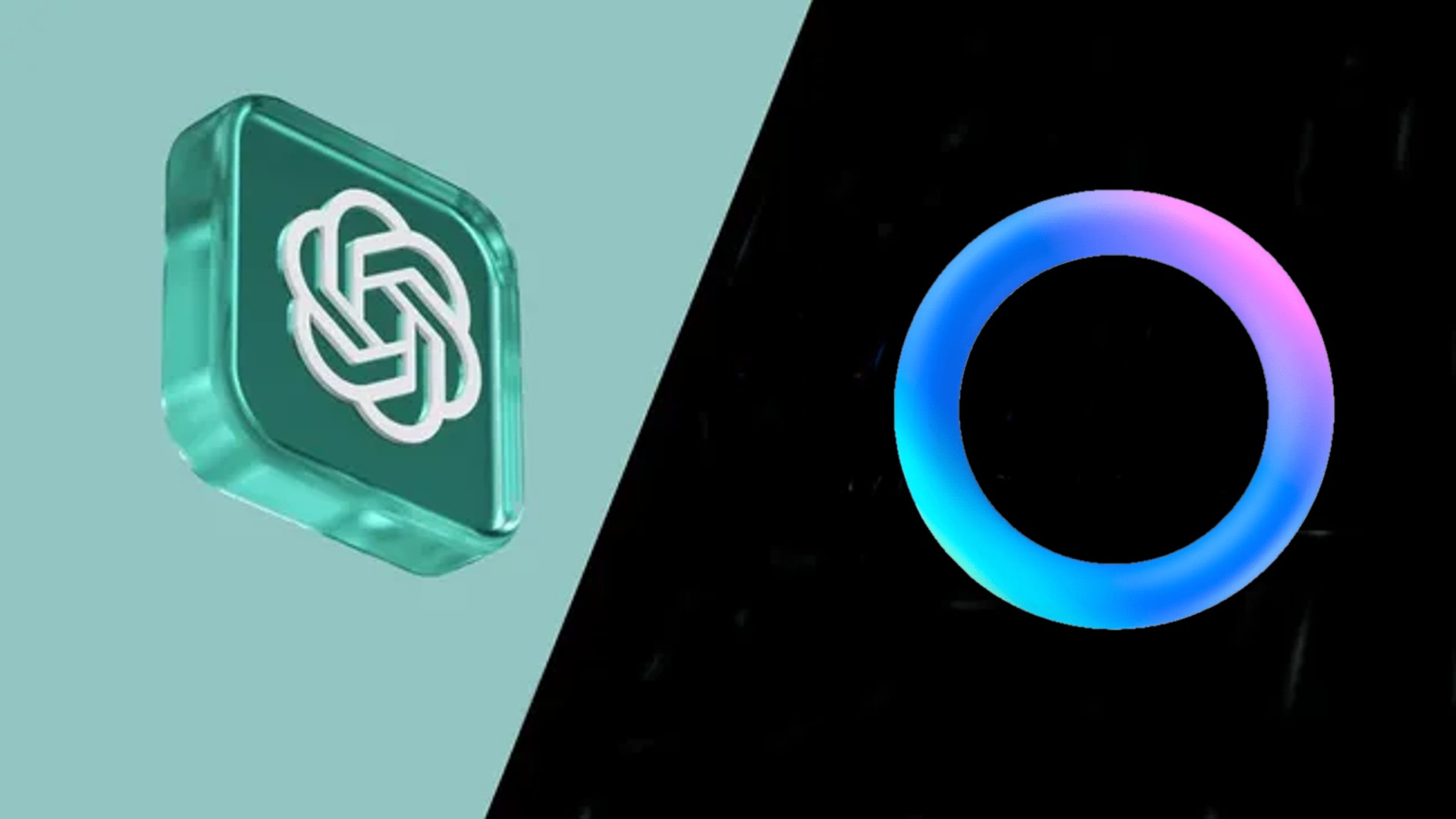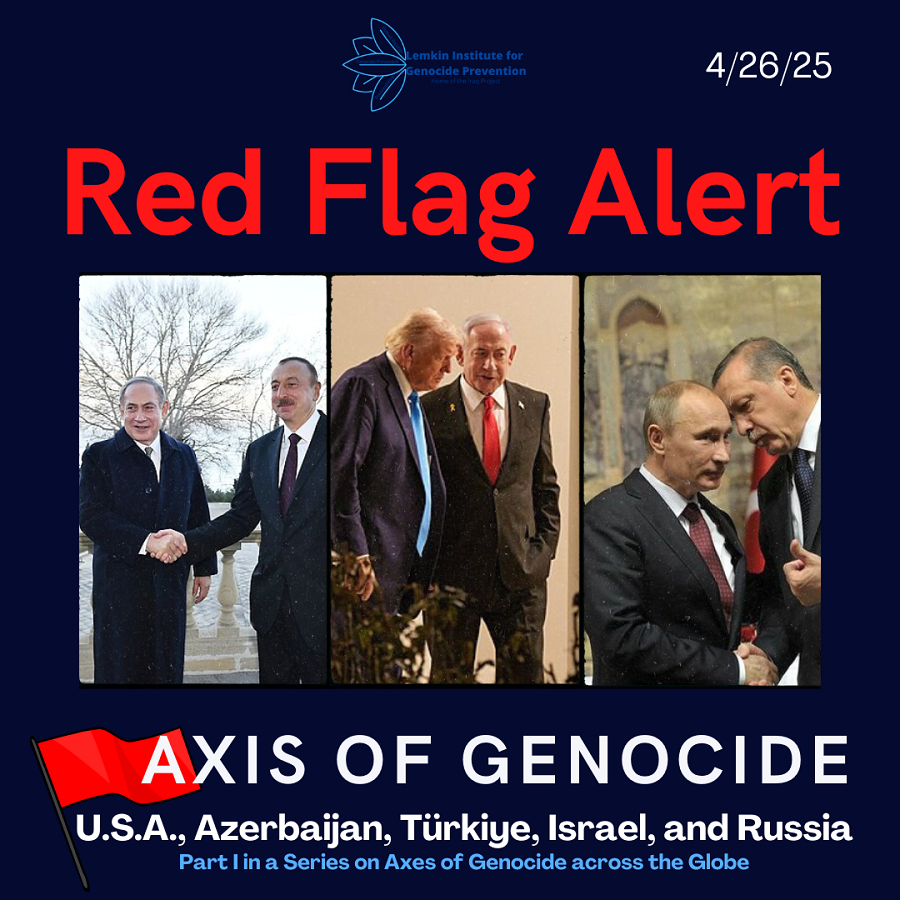I compared the new Meta AI app to ChatGPT on my iPhone, and the only difference I noticed was the Discovery feed

I was unsurprised when Meta released a standalone app for Meta AI. It fits with the company's efforts to infuse the AI assistant across its products. So I was mainly curious as to how it would stack up against its many rivals, particularly ChatGPT. After all, how many ways can you reinvent talking to a chatbot? And my speculation turned out to be fairly accurate, except for one major, Zuckerbergian twist on the formula: the Discovery feed. You definitely won't find something like the Discovery feed in the ChatGPT app. You can share specific ChatGPT conversations as links and make custom GPTs for others to use, but that's about it for direct sharing. Meta AI's Discovery feed is essentially a Facebook feed, but filled with nothing but AI-generated images, videos, and text responses to prompts. In other words, a Facebook feed in 2025 but with fewer bots spewing misinformation. Like Facebook's feed or Instagram's explore page, you see a lot of celebrity memes, funny text screenshots, and practical advice couched in influencer terminology. Sometimes, they’re genuinely amusing or weirdly brilliant. Other times, they're just weird and make you wonder why the person behind it wanted to share their creation publicly. You don't have to share anything, of course, but the app feels designed to encourage you to do so. It's a different vibe from the one-on-one, intimate interactions ChatGPT feels like it's designed for, with no sense of any audience watching. Meta AI feels more performative. You’re not just asking an AI chatbot for help; you’re invited to show off what Meta AI made for you, or to lurk around and see what others have made. There’s a kind of algorithmic voyeurism built into the app. And you might feel you need to add to the stream of AI creations, or there's no point in using it. Again, it's the kind of pressure that social media often induces in users. (Image credit: Meta) Meta AI as ChatGPT for oversharing The apps start similarly: you open them, are greeted with a clean interface, and are invited to start chatting. Both apps are fast and capable. You can ask either AI chatbot to summarize a news article, rewrite an email, or generate an image of a Shiba Inu dressed as a pirate. You’ll get roughly the same performance. Meta’s AI runs on a mix of mostly Llama 3 plus Llama 4 for some features, while ChatGPT has a range of options depending on whether you subscribe to a premium service. Get daily insight, inspiration and deals in your inbox Sign up for breaking news, reviews, opinion, top tech deals, and more. Contact me with news and offers from other Future brands Receive email from us on behalf of our trusted partners or sponsors Compared to the Discovery feed, the other major differences between the MEta AI app and the ChatGPT app come off as more subtle. Meta AI has a slicker voice feature, one that lets you interrupt it mid-sentence and talk over it but still be understood. ChatGPT's voice chat is more turn-based, though it will pause if you start talking again. Meta AI's other major claim to fame is its personalization. Meta AI can draw on everything you've done with Facebook, Instagram, and other Meta platforms to know a lot about you right from the first hello. It uses what it learns about you to tailor its responses accordingly. In practice, it sometimes just felt like my past internet life was being gently weaponized to recommend slightly more relevant sandwich recipes. ChatGPT only knows me through my conversations with it and what I put in its memory setting. While I get that personalization is supposed to be a draw, I've been on Facebook for 21 years, and I don't necessarily want everything I've put on Meta's websites to change how it behaves. On the other hand, both apps were all but identical in their ability to research and discuss ideas. For instance, I asked both to explain quantum physics like I was five. Each did an admirable job, although ChatGPT’s explanation was a bit cleaner, while Meta AI’s version threw in some offbeat metaphors about jellybeans. Ultimately, you might not even notice any real diffrence between them without the Discovery feed. That’s not inherently bad. There’s a community aspect that could be cool if better curated. But right now, the app feels like a mash-up of clever AI ideas and and Meta’s basic impulse to turn everything into a doomscroll.



















